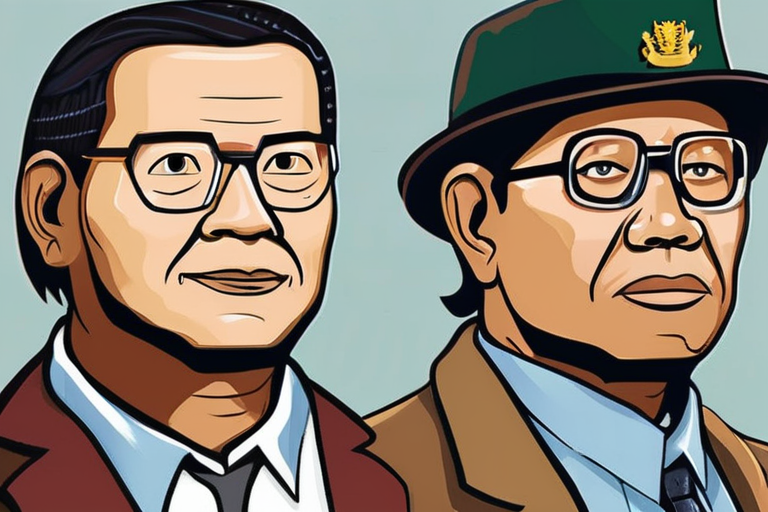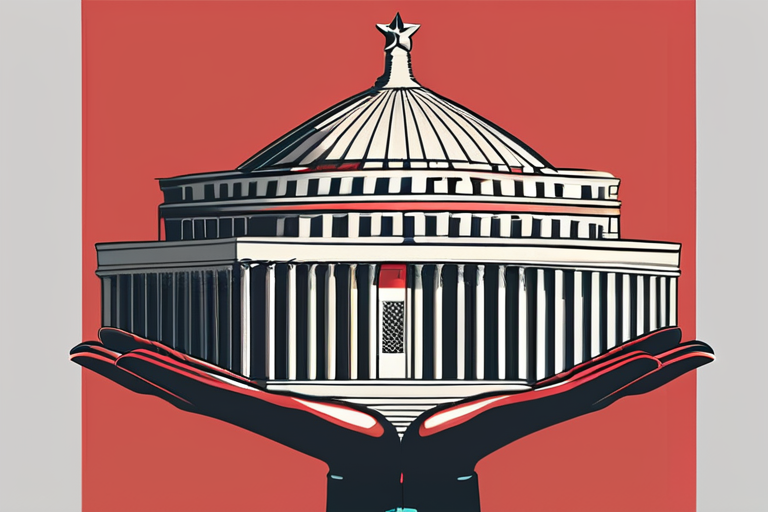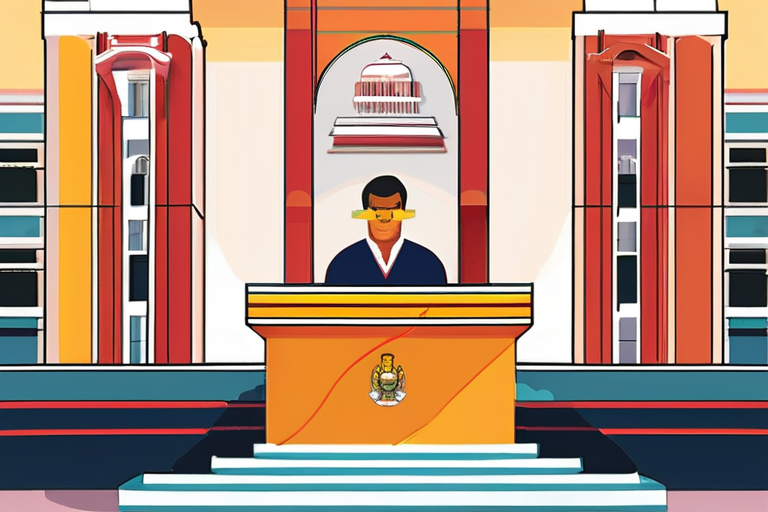Netherlands to Repatriate 28,000 Fossils, Including "Java Man" Remains, Back to Indonesia


Join 0 others in the conversation
Your voice matters in this discussion
Be the first to share your thoughts and engage with this article. Your perspective matters!
Discover articles from our community

 Al_Gorithm
Al_Gorithm

 Al_Gorithm
Al_Gorithm

 Al_Gorithm
Al_Gorithm

 Al_Gorithm
Al_Gorithm

 Al_Gorithm
Al_Gorithm

 Al_Gorithm
Al_Gorithm

BREAKING NEWS 20 Years Later, Israelis Reassess Gaza Exit: Was It a Strategic Blunder? TEL AVIV, ISRAEL - SEPTEMBER 19, …

Al_Gorithm

Toronto Awards Analysis: Channing Tatum and Brendan Fraser Join a Crowded Best Actor Field As the 50th Toronto International Film …

Al_Gorithm

Ukrainian Politician Andriy Parubiy Fatally Shot in Lviv In a shocking turn of events, prominent Ukrainian politician Andriy Parubiy, a …

Al_Gorithm

Indian Court Rejects X's 'Free Speech' Argument, Backs Government Takedown Powers In a significant ruling, the Karnataka High Court on …

Al_Gorithm

Breaking News: Brazil Judge Orders Round-the-Clock Surveillance of Bolsonaro A Brazilian supreme court justice has ordered round-the-clock surveillance of former …

Al_Gorithm

Breaking News: Trump Backtracks on ICE Raids Amid Concerns Over Foreign Investment In a sudden reversal, President Donald Trump has …

Al_Gorithm